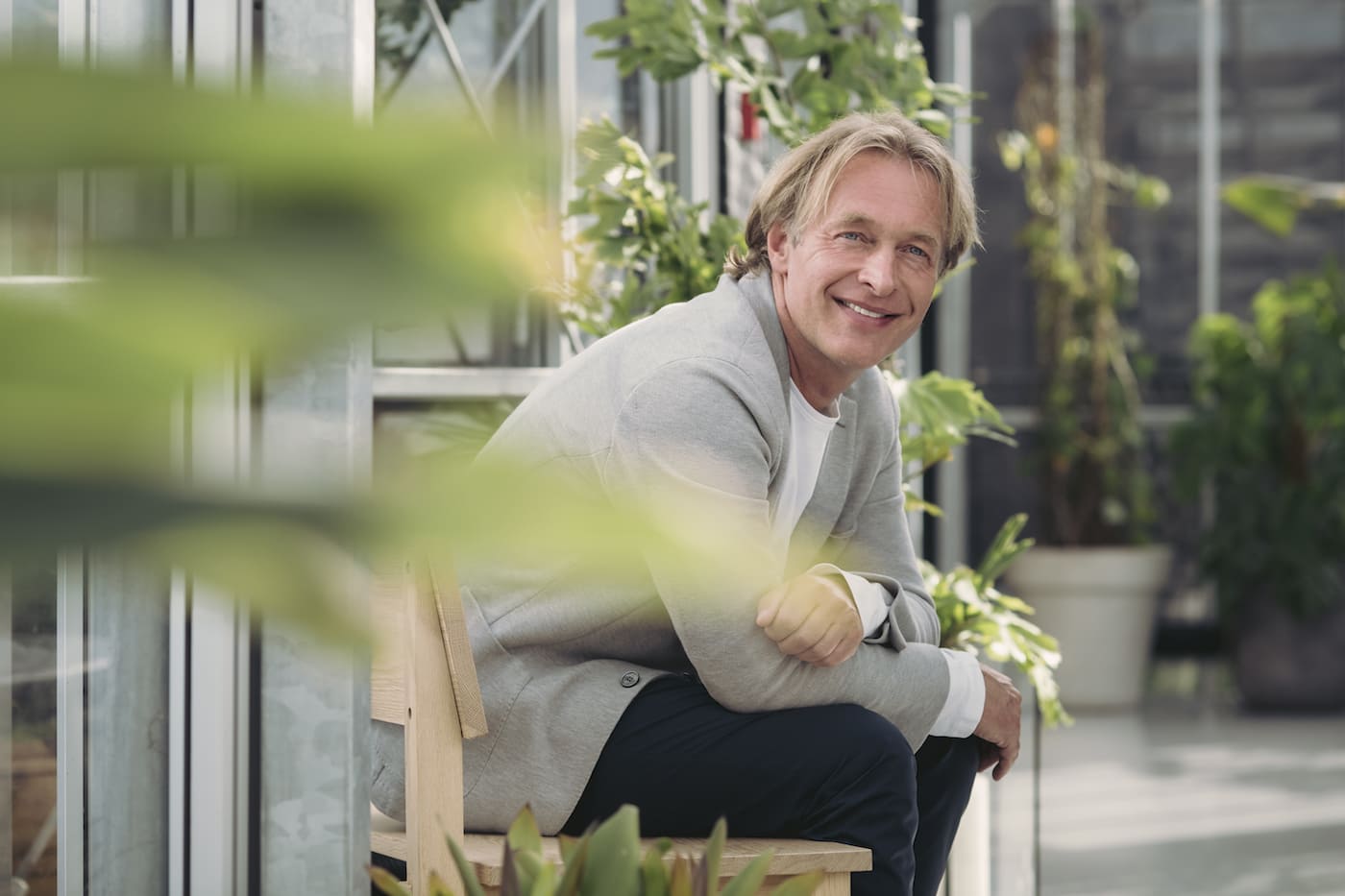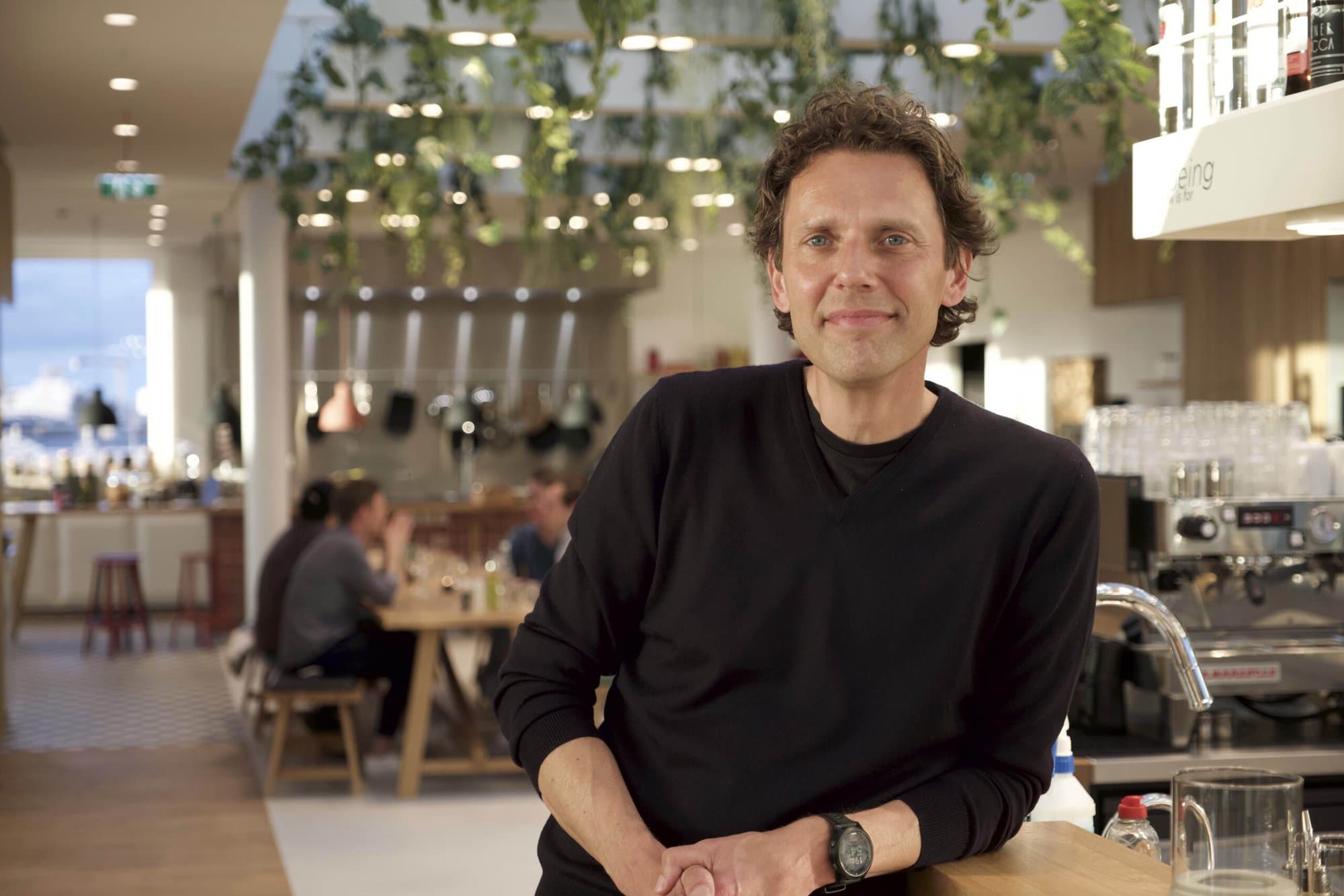Reflections on Our B Corp Journey: “It Pushed Us to Turn Good Intentions Into Evidence”
September 16, 2025
In this interview, our co-founders Marc Jongerius and Hans Meyer reflect on how the new status reinforces our core values of community, inclusivity and purposeful growth, and what it means for the future of responsible hospitality.
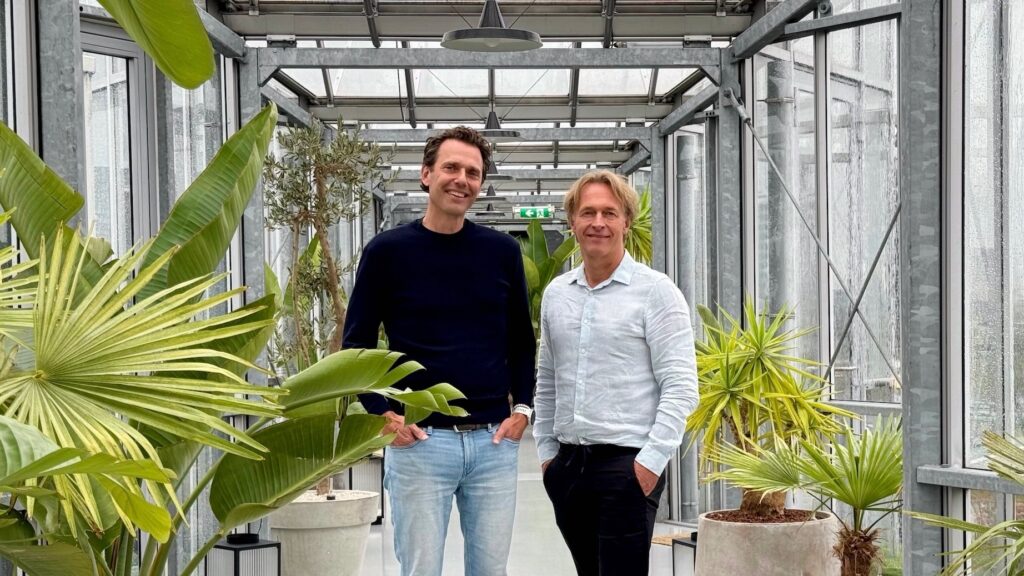
Zoku Amsterdam became a B Corp in 2018, making it the first hospitality brand in the Netherlands to earn this recognition. What first inspired you to pursue B Corp certification?
Hans: A B Corp, short for Benefit Corporation, is a company that meets the highest standards of social and environmental responsibility. In plain language: we balance making a living with making a difference. Everything at Zoku is people centric, and community is a big focus. After all, bringing people together is why we started Zoku in the first place. B Corp gave us a practical framework to govern all stakeholders, set measurable goals and keep improving in a holistic way.
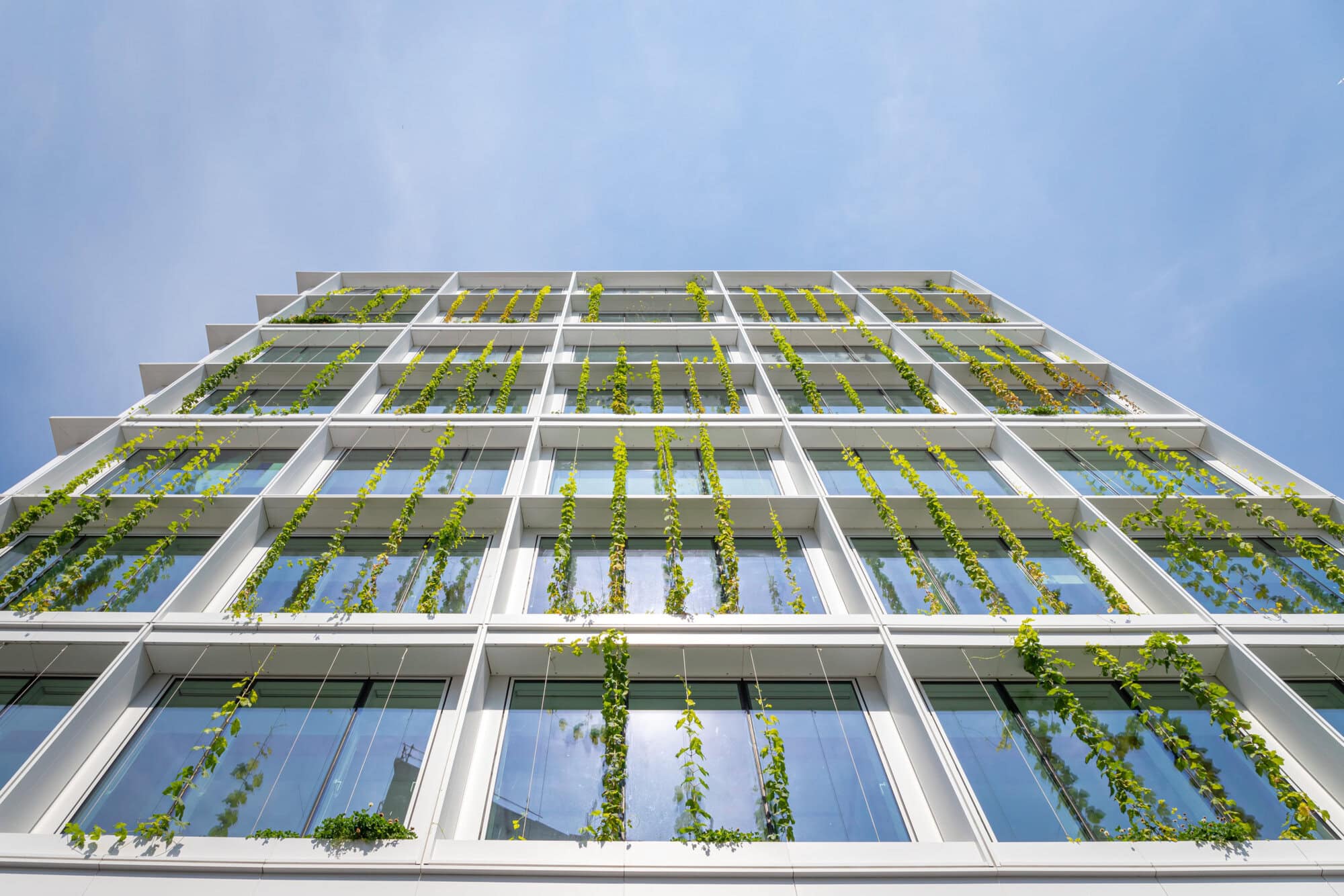
Marc: After opening Zoku Amsterdam, we realized that building a company that was only financially successful wouldn’t give us the fulfillment we wanted from our professional lives. We wanted a strong, measurable, third-party standard that integrates our personal values as co-founders into how we build and run our business. B Corp certification forces that discipline; if it doesn’t show up in policies, supplier criteria and reporting, it isn’t real.
Why was it important for Zoku to go beyond Amsterdam and certify all other locations in Copenhagen, Vienna and Paris?
Marc: Once all four locations were up and running with mature processes, we saw that impact work was already happening locally. But impact shouldn’t depend on where a guest stays. Guests, residents and teams deserve the same standard everywhere. Certifying our hotel chain creates one playbook, allowing us to tangibly scale aspects that have always been core to the Zoku brand, like community social and environmental responsibility.
Community has been central to Zoku since the beginning. How has B Corp’s social impact framework reinforced or challenged the way Zoku approaches community building?
Hans: B Corp pushed us to move from good intentions to evidence. We formalized policies around sustainability, implemented guidelines for diverse community-focused programming, introduced clearer safeguarding processes and started measuring outcomes like resident engagement and staff wellbeing. The framework challenged us to prove that our Social Spaces and community events are inclusive and impactful, not just crowded.
Where do you see Zoku’s impact journey heading in the next five years?
Marc: Our company continues to grow. At the same time, we see an increasing number of stranded assets; office buildings that are no longer fit for their current use. This means that there is a significant opportunity in the adaptive reuse of disused urban space into flourishing, mixed-use sites. Conversion has a double-pronged benefit: it allows us to futureproof outdated, unsustainable buildings, while also avoiding ecologically harmful demolition, and activating them for use by diverse user groups of local communities and short- and long-stay residents. The latter is what gives the former purpose, and is happening through initiatives like rooftop coworking hubs, public-access events such as community dinners and cultural talks, partnerships with local creatives, and weekly rituals like Fika that bring together international residents and local neighbors in a shared social rhythm.
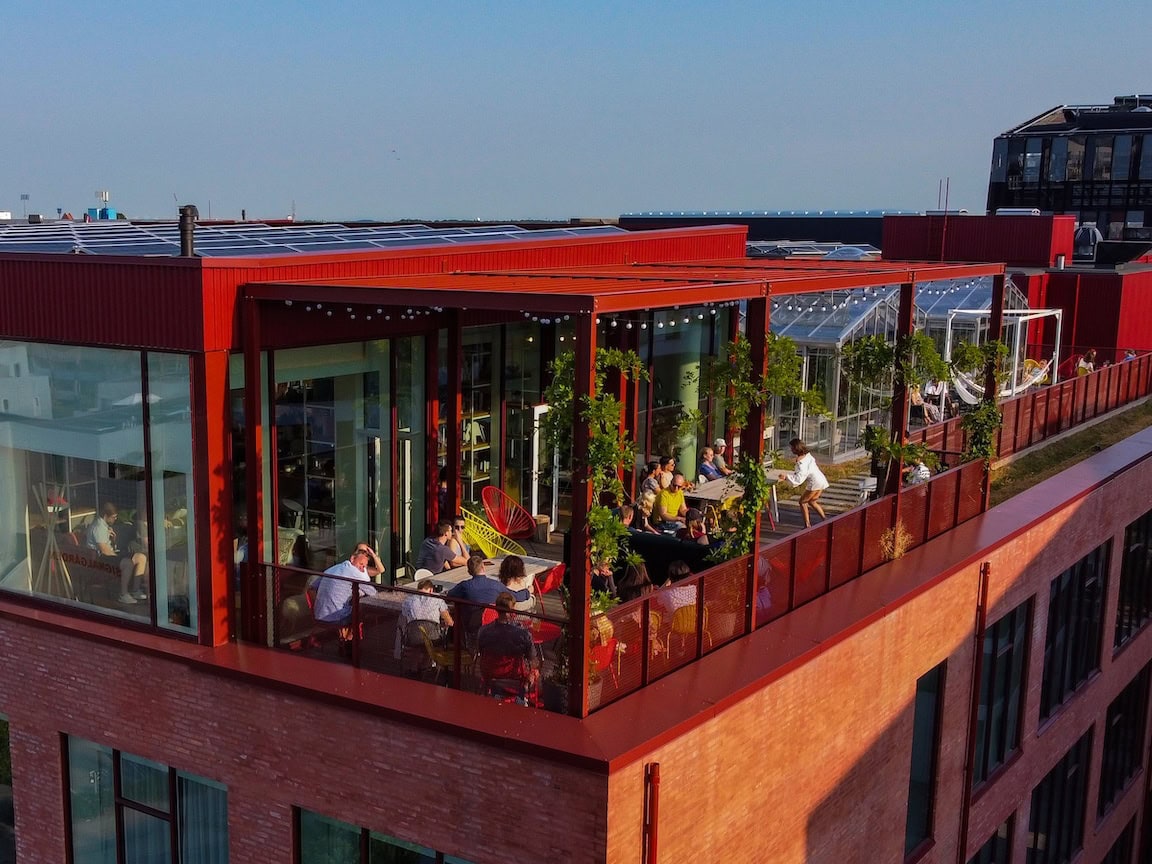
Hans: By extending our certification to the entire Zoku Group, the standard we hold ourselves to has only gotten higher. It is our utmost responsibility to continue raising the bar, for ourselves but also to inspire our partners and community to do the same. A core element of being part of the B Corp movement is that we want to inspire other companies to take actionable steps towards social and environmental responsibility. Working together with fellow B Corps, or impact-driven companies, is crucial to continuing our mission to do business for good.
If you could inspire other hospitality companies to take one first step toward positive change, what would it be?
Marc: Start small and be accountable. By setting targets and tangibly measuring impact pillars like energy, water, waste and labor practices, you can better understand your footprint and act with purpose from there.
Hans: One of the biggest lessons we’ve learned is that meaningful change doesn’t happen alone. Zoku means “tribe” or “clan” in Japanese, and from day one, a shared sense of purpose and belief in the power of community has been at the heart of everything we do. It’s our community that gives our brand meaning and breathes life into our vision to be a hospitality brand as a force for good. Residents, partners and Zokus at every level are the ones who make the magic happen; they’re our co-creators of a better way to live, work and connect. And we couldn’t be prouder to be on this journey together.
—
Ready to experience what B Corp hospitality looks and feels like?
👉 Explore Our Sustainability Initiatives
get to know our Co-Founders
Hans Meyer
Co-Founder and Managing Director, Zoku
Innovation, Branding, Culture, Operations
Hans Meyer is one of the Co-founders and Managing Directors at Zoku. A firm believer of value creation and innovation for the international hospitality industry, Hans is the initial creator and previous founding partner of the citizenM hotel concept and held senior corporate positions in operations and development for NH Hotels and Golden Tulip Hotels, Inns & Resorts.
Marc Jongerius
Co-Founder and Managing Director, Zoku
Acquisition, Development, Strategic Partnerships, Finance
Marc Jongerius is one of the Co-founders and Managing Directors at Zoku. Realizing his passion for unlocking value potential of companies, Marc was one of the private equity partners for a Netherlands based buy-out fund and previously worked for PricewaterhouseCoopers (PWC) as an auditor and M&A transaction services consultant for many large international enterprises. He has been active in the private equity sector for more than 10 years.
SHARE
Related articles

Explore winter in Copenhagen with dazzling light festivals, relaxing saunas and festive events!
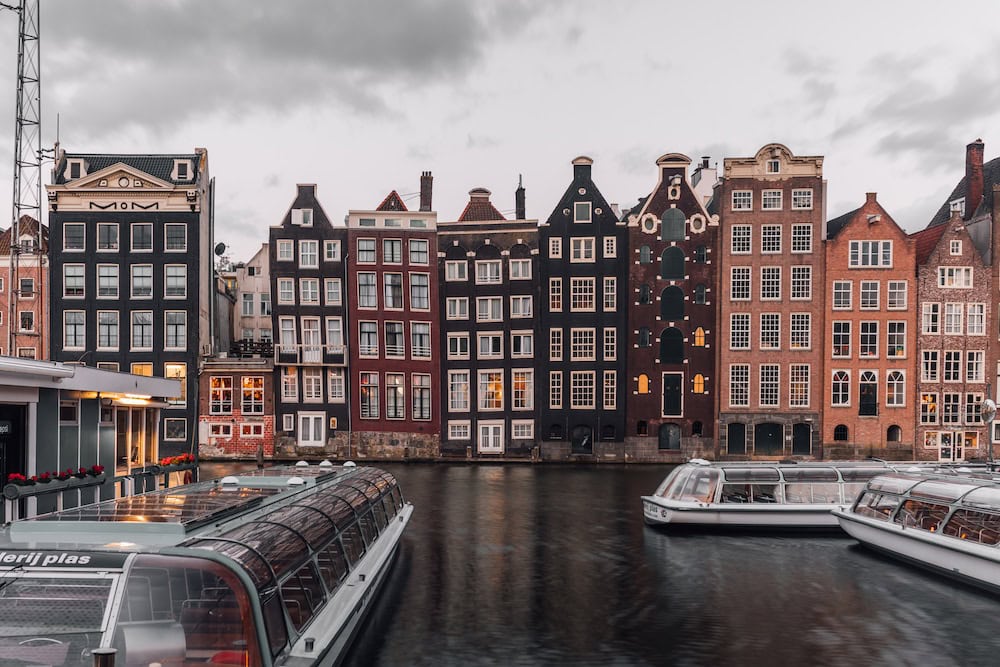
From glowing canals to wellness hubs, embrace the magic of winter in Amsterdam with our guide.

Experience the magic of winter in Vienna with classical music, waltz, wine tastings and more.

Experience the magic of winter in Paris with dazzling ballet, vibrant night markets, and hot chocolate stops.
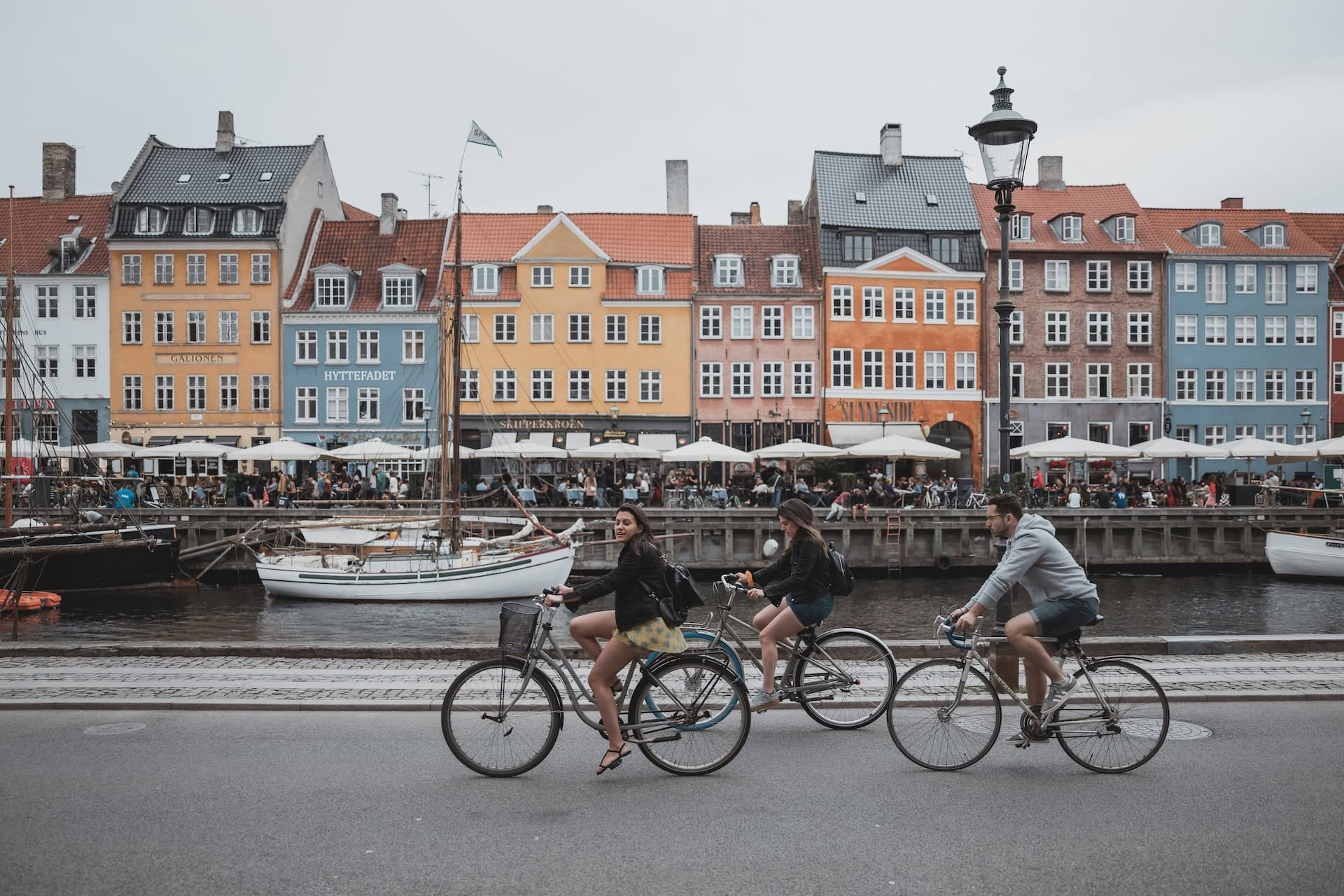
Discover these essential steps before relocating to Copenhagen for a seamless move to the Danish capital.

For this remote worker and world traveler, thoughtful design and quiet workspaces made Zoku the kind of digital nomad hotel that adapts, not interrupts.

Explore the best Christmas markets in Vienna for 2025, from the fairy-tale scene at Schönbrunn Palace to artisan vibes at Spittelberg and the city-classic Christkindlmarkt at Rathausplatz.
